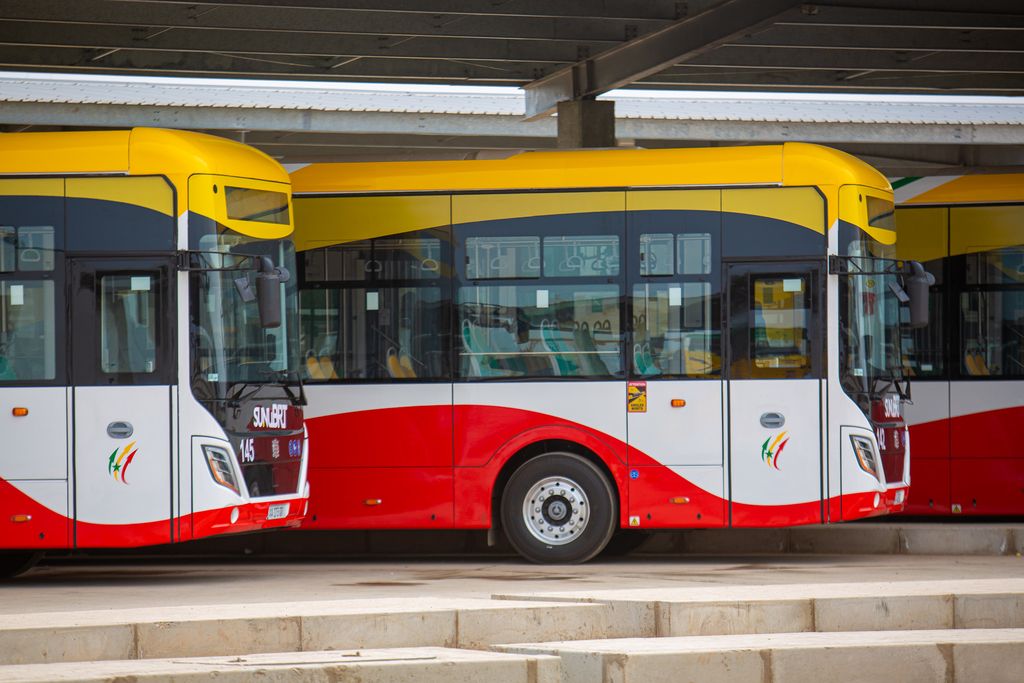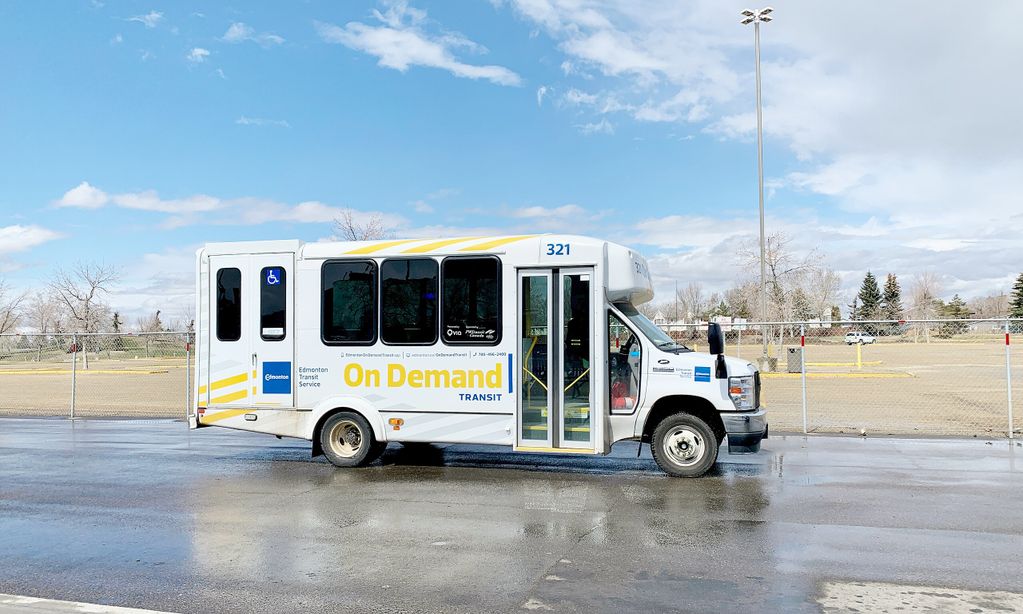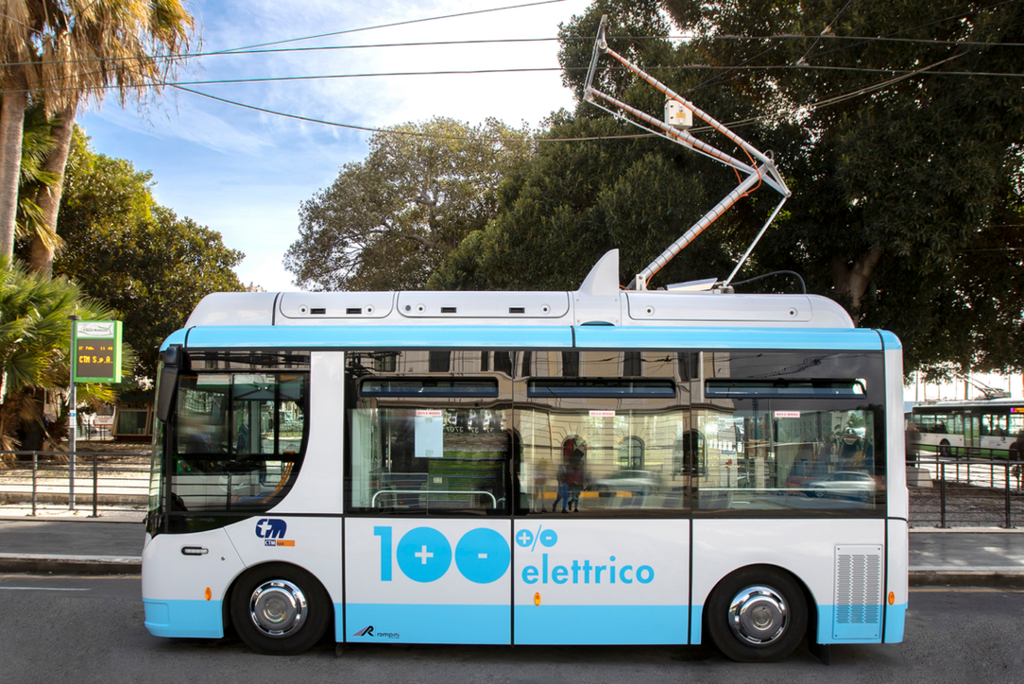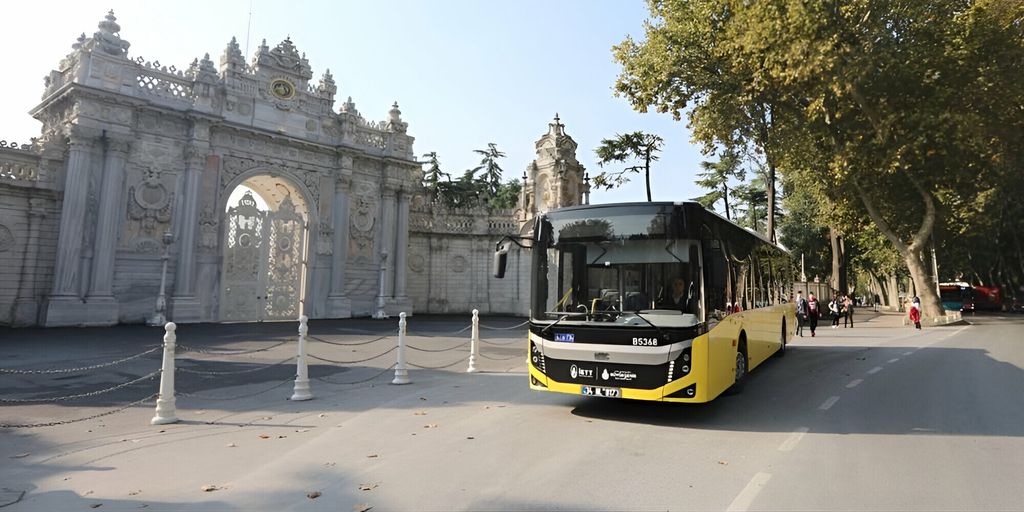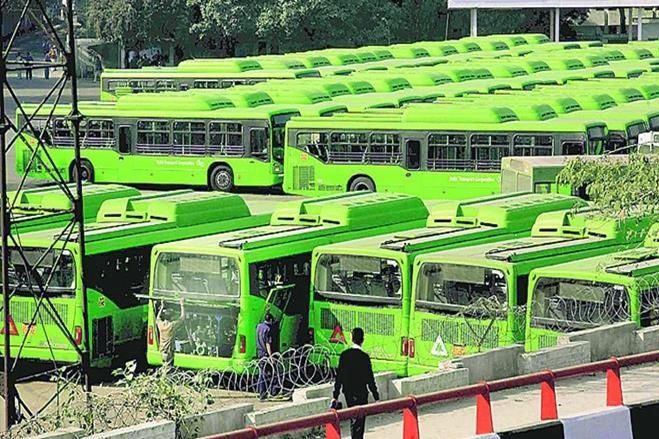
UITP India develops performance evaluation framework for electric buses in India
Introduction of electric buses (e-buses) is ushering in a new era of bus service provision in India. Firstly, e-buses themselves are an expensive new technology which vary significantly in operations, planning and maintenance compared to Internal Combustion Engine (ICE) buses. Further, State Transport Undertakings (STU)-which are the major public transport providers in India have traditionally owned and operated their buses. However, they are moving towards the Gross Cost Contract model of procurement under FAME-II which is new to them. Performance evaluation refers to specific monitoring and analysis processes to determine how well policies, programs and projects perform with regard to their intended goals and objectives.
Electric bus performance evaluation framework is essential for:
- Technology evaluation: Develop a comprehensive understanding of the performance of different e-bus technologies under varying operating conditions and applying these learnings to improve vehicle technology
- Peer to peer learning: Facilitate peer to peer learning across cities through standardised data management practices and in-turn help them in adopting the best operational practices for the available bus technology
- Operations and contract management: Review performance of the e-bus operator and provide timely inputs to improve efficiency of the e-bus service delivery
DHI has already created the necessary ecosystem for a National level performance evaluation framework for e-buses by mandating all STUs and cities receiving FAME II subsidy to create an online platform for performance monitoring. Given the poor data management and ITS practices in many Indian public bus agencies, UITP-India has conducted a research study “National Framework for electric bus performance evaluation” to identify the key performance evaluation matrices for the e-bus deployment. The study identified the e-bus performance evaluation indicators in three categories:
- Bus system details including bus specifications, infrastructure, operations, energy and personnel
- Funding and financials consisting of capital and operational cost details
- Other indicators including attitude and perception of users
Many indicators in each of these categories are already collected by Central Institute of Road Transport (CIRT) typically. Three sources of data are identified for the new e-bus indicators, namely schedule wise charging reports of ITS, DISCOM utility bills, electricity readings at depots and at chargers and OEM/operator invoice. Further, the indicators need to be monitored by the authority at a certain frequency for which the data needs to be collected either daily, monthly or at the beginning of evaluation by adopting a multi-stakeholder approach for collection.
As a next step, it is important that e-bus specific KPIs are included into existing institutional mechanisms for performance evaluation. The implementing agencies and policy makers should ensure that data is collected effectively. Accordingly, the way forward for e-bus performance evaluation could be to:
- Incorporate the proposed performance evaluation as part of the DHI guidelines to STUs/authorities while deploying e-buses. DHI has already proposed the performance evaluation of e-buses in its EoI for e-bus operations and the proposed framework provides detailed steps for the adoption of performance evaluation by respective implementing agencies
- Integrate the new e-bus performance evaluation indicators within CIRT and TRW indicators. The proposed framework identified new indicators necessary for e-bus performance evaluation. This would ensure that e-bus indicators are collected along with the annual reporting of STUs/authorities to CIRT and TRW.
The framework toolkit can be downloaded from here




